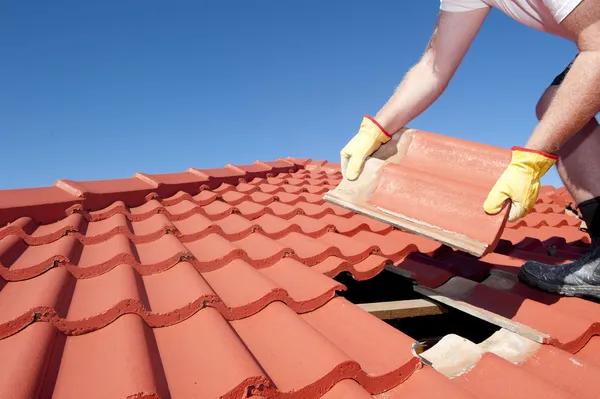Roof replacement is a significant investment that homeowners often have to make. It’s not just about improving the home’s aesthetics; it also ensures safety and comfort for its inhabitants. However, the high cost of roof replacement often leads homeowners to wonder if this expense can be offset in any way, such as through tax deductions.
The Internal Revenue Service (IRS) provides clear guidelines on what home improvements are tax-deductible. Unfortunately, roof replacement does not typically qualify as a tax-deductible expense under current IRS rules. This is primarily because the IRS considers most home improvements, including roof replacements, as capital improvements that increase your property’s value rather than necessary expenses.
However, there are specific circumstances where you might be able to claim a deduction or credit related to your roofing costs. If you use part of your home for business purposes – like running a daycare or using an area exclusively as a home office – then you may deduct some portion of your roofing costs proportionate to the size of the space used for business.
Another instance where roof replacement contractor could potentially be tax-deductible is when it’s done due to damage from an event considered sudden, unexpected or unusual such as storms, accidents or acts of vandalism – events classified by IRS as casualties. In these cases, taxpayers may deduct losses that insurance doesn’t cover but there are stringent rules and limitations applying here and it’s always advisable to consult with a tax professional before claiming such deductions.
If you’ve installed energy-efficient roofing materials like solar panels or certain types of metal and asphalt roofs designed to reduce heat gain then you might qualify for residential energy credits which can help offset some costs although again there are specific criteria that must be met so professional advice should be sought.
In conclusion while roof replacements aren’t generally considered tax deductible by IRS they do increase the value of homes which can work in favor of homeowners when selling their properties since increased basis reduces taxable gains made on sales. Homeowners should always keep detailed records of home improvements including roof replacements as these can be useful for tax purposes later on.
It’s also worth noting that tax laws change frequently, and what is not deductible today might become deductible in the future. Therefore, it’s crucial to stay updated with the latest tax information or consult a tax professional who can provide accurate advice based on current laws.
While it would certainly be beneficial if roof replacement was universally tax-deductible, homeowners should consider this expense an investment in their property’s value and longevity rather than a loss.
The Other Guys Construction
1445 N Co Rd 1980 E, Carthage, Illinois 62321
309-504-1055

